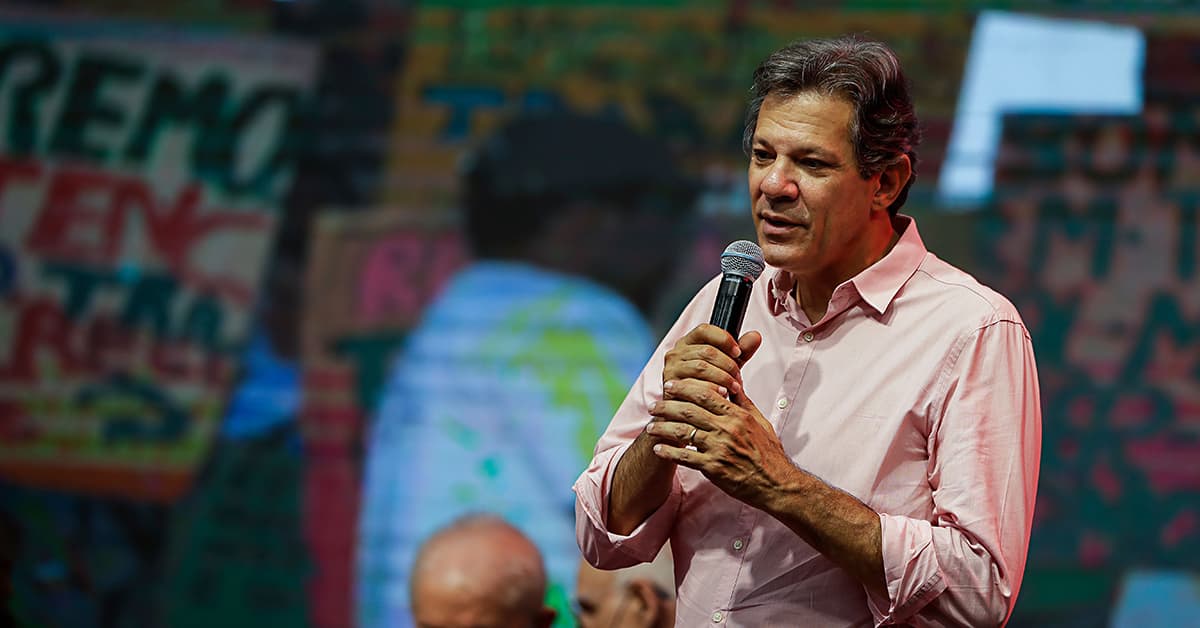Fernando Haddad's appointment as finance minister has divided Brazilian economists.

Newly appointed Fernando Haddad is not your ordinary finance minister. Despite holding a master’s degree in economics from the University of Sao Paulo, the 59-year-old son of Lebanese immigrants never really made a name for himself in the industry.
Instead, he dedicated his career to politics, where he took advantage of his rhetorical power and erudition—perhaps a consequence of his Ph.D. in philosophy—to climb the ladder in Luiz Inacio Lula da Silva’s Worker’s Party.
His first political office was minister of education under Lula in 2005. His political breakthrough came about in 2012 when Lula asked him to run for mayor of Sao Paulo, the country’s largest city. Haddad won by a comfortable margin in the right-wing stronghold. However, he failed to maintain the support during his time in office, with “progressive” projects such as bicycle lanes and lowered speed limits drawing backlash from constituents, and lost his bid for reelection in 2016.
In 2018, when Lula was imprisoned and could not run for the Brazilian presidency, Haddad ran in his stead. While he lost the election to Bolsonaro by a wide margin, it gave him a platform on the national stage. Now, many argue, Haddad’s nomination may be a sign he is Lula’s bet for the 2026 presidential election. “I think that the president is looking already four years into the future,” says Andre Perfeito, an economics professor at PUC Sao Paulo University.
The prospect of Haddad as finance minister has divided the opinion of Brazilian economists. “Haddad is a politician that likes to leave his mark,” argues Bernardo Guimaraes, an economics professor at FGV and former professor at the London School of Economics. “This quality leaves many economists apprehensive. He won’t stick to the basics. And this can be either great or terrible.”
Many fear the worst,” Giumaraes adds. “I’m an optimist, so I believe he will serve a positive term.”



